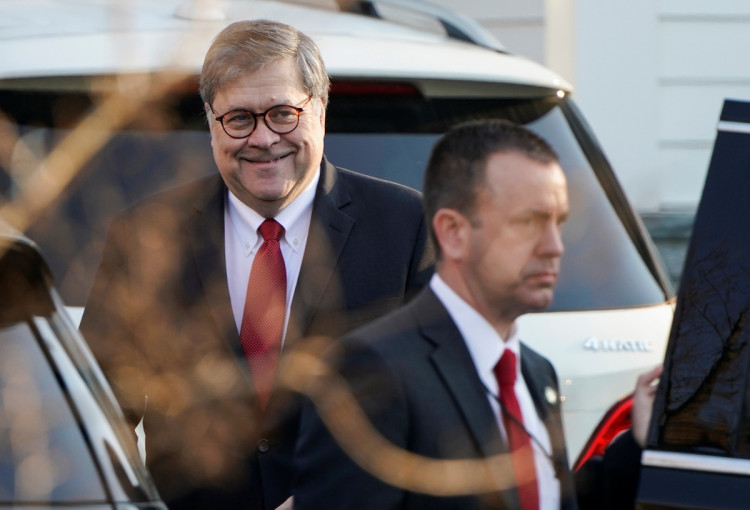In Dec 2019, the Department of Justice and US President Trump asked Apple for help in accessing the data on the iPhones that belong to the Pensacola Navy base shooter. The FBI finally managed to crack the said iPhones and discovered that the shooter had links with an Al Qaeda operative. Surprisingly, the feds were able to gain access to the shooter's iPhone without the assistance of the Cupertino tech giant.
It can be recalled that the FBI first sought for Apple's support in unlocking the iPhones. The Cupertino tech giant, however, only provided unencrypted iCloud data to the agency. Apple also issued a statement saying that it has the greatest respect for law enforcement and have worked cooperatively in aid of investigations.
Additionally, the Cupertino tech giant claimed that it has given all the data in its possession to the agency and will maintain to support with the available data that it has. The iCloud backups only contain data from the last time the user backup the iPhone, which could be later than what the investigation required. Apple also refused to create a backdoor for the agency to gain access into the iPhones, noting that it could put all iPhone users at a greater security risk.
But, while the FBI successfully cracked the shooter's iPhones, US Attorney General William Barr took a shot at the Cupertino tech juggernaut. He underlined that Apple did not help unlock the shooter's iPhones. Barr also hinted that it is high time for a legislative solution. In a press statement, Barr said thank you to the great work of the FBI and no thanks to Apple.
Earlier, several sites reported that the FBI was successful in unlocking the iPhone 11 and iPhone 11 Pro max of the Pensacola Navy base shooter. The agency reportedly utilized tools such as GrayKey and allegedly spent $72,150 for the technology in Apr 2019. Later the FBI revealed that although Apple was not cooperative in creating a backdoor, it was still engaged with the Cupertino tech titan to access the iPhones.
According to Barr, the news about the Pensacola Navy base's links to Al Qaeda surges the possibility of legislation to reduce device encryption. It could also pressure companies to create backdoors. The recent case is somewhat similar to the San Bernardino terrorist incident in 2016. Like in the Pensacola Navy base shooting, the FBI also requested Apple to unlock the shooter's iPhone. The Cupertino tech giant refused, and the FBI found a way to gain access to the device without Apple's help.






